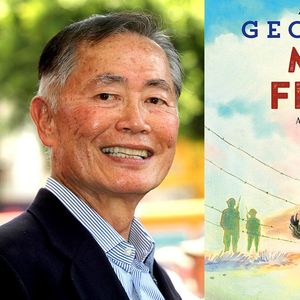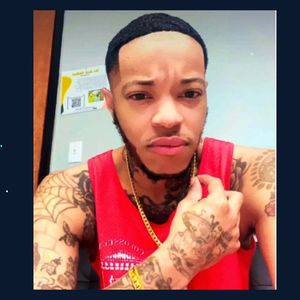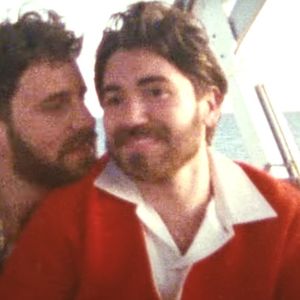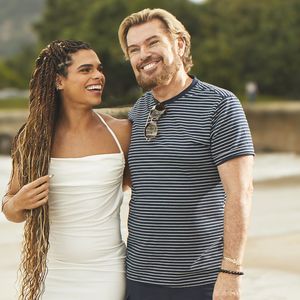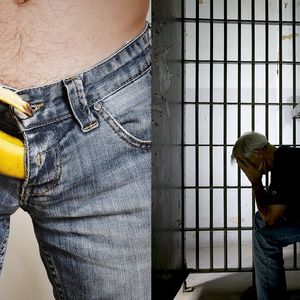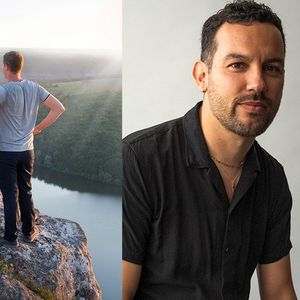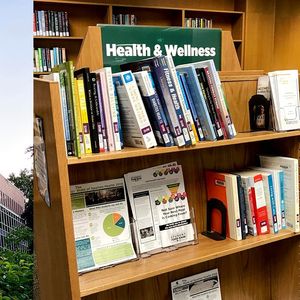Entertainment
CONTACTStaffCAREER OPPORTUNITIESADVERTISE WITH USPRIVACY POLICYPRIVACY PREFERENCESTERMS OF USELEGAL NOTICE
© 2024 Pride Publishing Inc.
All Rights reserved
All Rights reserved
By continuing to use our site, you agree to our Private Policy and Terms of Use.
I am an AIDS elder. I have had almost every possible relationship with HIV and AIDS except dying from itwhich, of course, always remains a possibility. In 1984, as part of a study, I was tested for HIV antibodies before the test was available to the general public. If I were to identify the flu-like symptoms that go along with HIV seroconversion, I would say the summer of 1975 is my starting date. Amazingly, my immune system held out until 1994 when it crashed and I was critically ill. For several terrifying days, I lay in a hospital room in Santa Fe with PCP (pneumocystis carinii pneumonia), with just one job: the next breath. It was a challenge not to believe that I was a goner. However, in spite of the gloomy prognosis, I harbored the strong, if unreasonable, belief that I would somehow leave the hospital in one piece and complete the masters degree in counseling that had become my passion. I did, in fact, graduate five months later after limping through my internship with New Mexico AIDS Services. I retired from my consulting business and went on disability. Several months later, I closed up my practice in Santa Fe and moved back to New York to work part-time as a crisis counselor at Friends In Deed, an organization that provides emotional and spiritual support to people dealing with illnesses like HIV/AIDS and cancer.
My next chapter with AIDS began with a stroke of good fortune: Within days of my arrival back in New York, I entered my name in a lottery for early access to the first successful protease inhibitor, Crixivan, and won! By the time the FDA approved this class of drugs, I was experiencing a new phenomenon: With HIV suppressed, my immune system was actually rebuilding. Until then, we didnt know that this was a possibility. I have been extremely blessed to be at the right place at the right time, remaining ahead of a disease curve that was swallowing people I knew on a weekly basisfriends, lovers, relatives, colleagues, neighbors, and comradesbut for some reason, not me. My T-cell count skyrocketed from 22 to an all time high of 804, two months ago.
All along, in spite of the dire headlines, common sense told me that the jury was still out. No illness in the history of epidemiology had ever been fatal for 100% of the people who had contracted it. Why would this one be different? And it helped to come from a family with good genes (my dad is 93)a family that also believes, not in statistics, but in our ability to survive the unsurviveable. I channeled my fear and outrage into activism, fighting the stigma of AIDS, and discovering my current life as a workshop leader and psychotherapist. The paradox is that AIDS destroyed much of the world I had known, brought me to my knees, and then opened the door to a whole new life. Im not grateful for the virusthat would be simplisticbut I am grateful for the growth, strength, intimacy, and drive to live ever more fully that it created in me.
There are fewer and fewer of us aroundwe AIDS elders who remember whenwho carry this cultural history within us. As younger generations come of age, there is a danger of not taking AIDS seriously enough. Medication ads can make it look like a walk in the parkit is too easy to justify careless and risky behaviors. It is true that the world doesnt end with an HIV diagnosis, but it is changed irrevocably.
My goal here at Out.com is to share my journey: Both my history and my present, as a 53-year-old man living a life he once doubted he would ever have. I hope that you will take the time to join me on this messy, glorious ride.
September 20, 2004
New York City
Want more breaking equality news & trending entertainment stories?
Check out our NEW 24/7 streaming service: the Advocate Channel!
Download the Advocate Channel App for your mobile phone and your favorite streaming device!
From our Sponsors
Most Popular
38 Male Celebs Who Did Full Frontal Scenes
November 17 2023 5:18 PM
These are all the celebrities Who came out as LGBTQ+ in 2023
December 31 2023 12:19 PM
26 actors who showed bare ass in movies & TV shows
February 28 2024 1:50 PM
16 times male celebrities had to say they weren't gay
April 17 2024 11:57 AM
21 LGBTQ+ reality dating shows & where to watch them
April 03 2024 4:01 PM
15 Unforgettable Gay Kissing Scenes From TV & Movies
February 14 2024 10:20 AM
14 queens who quit or retired from drag after 'RuPaul's Drag Race'
April 04 2024 12:56 PM
40 steamy celebrity Calvin Klein ads we'll always be thirsty for
January 04 2024 10:54 AM
The 15 Best LGBTQ+ Movies of 2023
December 04 2023 10:32 AM
Watch Now: Advocate Channel
Trending Stories & News
For more news and videos on advocatechannel.com, click here.
Trending Stories & News
For more news and videos on advocatechannel.com, click here.
Latest Stories
Here's why Netflix's 'Baby Reindeer' is our new twisted queer obsession
April 17 2024 12:17 PM
April 17, 2024
April 17 2024 11:50 AM
Troye Sivan & Charli XCX are teaming up for the gayest tour ever
April 17 2024 11:43 AM
Kennedy Davenport finally explains the rumored 'All Stars 3' drama with Trixie Mattel
April 16 2024 4:16 PM
Watch the queens from 'Drag Race Live' hilariously reveal Out's RuPaul cover
April 16 2024 4:10 PM
Noah Beck claps back at people who assumed he's gay for hugging a male friend
April 16 2024 4:03 PM
Jonathan Bailey's next gig is being lined up & it involves dinosaurs & ScarJo
April 16 2024 2:12 PM
Queens were showing out & shining bright at The Center's fundraising dinner
April 16 2024 1:37 PM
Wanna hookup internationally? Grindr's new feature helps you do that
April 16 2024 12:58 PM
Ricky Martin reveals 'very discreet' man he's met in exclusive new 'Palm Royale' clip
April 16 2024 11:56 AM
This morning was PURE CHAOS in the Bravo universe
April 15 2024 7:35 PM



























































